In Zach’s words
by Bob Glowacki
 I wanted to share with you a wonderful success story about one of the children receiving services from our autism services. Zach is a 10 year old boy, who started shortly after autism program began and has made HUGE gains. He is now in a mainstream classroom with less need for special education services.
I wanted to share with you a wonderful success story about one of the children receiving services from our autism services. Zach is a 10 year old boy, who started shortly after autism program began and has made HUGE gains. He is now in a mainstream classroom with less need for special education services.
Zach was unable to answer questions about himself when we started Applied Behavioral Analysis with him. He had a difficult time forming a complete sentence. He was recently asked to talk in front of his school about what it’s like to have autism and some of things people can be aware of to help those living with autism feel welcome. Some great advice for all of us.
Zach wrote the following:
Autism: a documentary of autistic children
In this document, we will study about children with a thing called autism. Autism is when a child’s brain works differently than others. Let’s say it like this — a child might not know the math problem 3/6 1 whole, but autistic children might know. They sometimes are extremely intelligent that they get accepted into charter schools! They might get very picky about their food a lot, so they might only eat pancakes for breakfast, grilled cheese for lunch, and pizza for dinner, or something like that. They can struggle very horribly when their alone. They can sometimes not struggle. There are people called “therapist” that help autistic children at home, school and even at the park! They can believe in things most of the time, like a talking dog. When they get older, they are normally (well sometimes) bullied A LOT because they have autism. If they tell others they have autism, the other child will understand a lot. They can never understand how things work if they see what they are doing with help from a therapist. Therapists are people that teach the child what they need to know in life. Autism is always not bad or good all the time. They have meltdowns sometimes when things get bad, confusing or mean. Here are some things to help the child: never be rude to him/her. If they do, always help them when needed. And last but not least, always be his/her helper through changes in life and cheer him/her up when sad. That’s the end of this documentary.







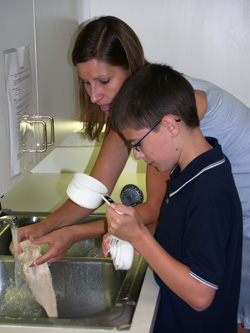 Editor’s Note: Sara’s post originally appeared on the
Editor’s Note: Sara’s post originally appeared on the  My fabulous Marketing & Corporate Relations intern, Kelly Zatlin’s internship may be over, but she still had one more blog post to share.
My fabulous Marketing & Corporate Relations intern, Kelly Zatlin’s internship may be over, but she still had one more blog post to share.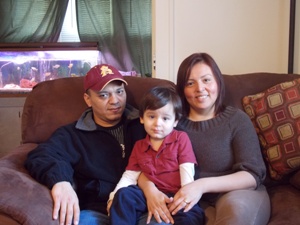 We often get calls here at
We often get calls here at 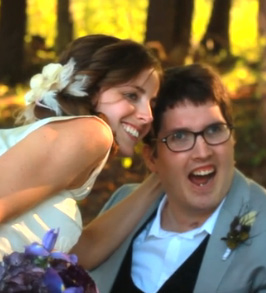 Recently I said goodbye to my fabulous Marketing & Corporate Relations intern, Kelly Zatlin. During her 3 1/2 months at Easter Seals, Kelly grew to love Easter Seals’ mission and became her own kind of advocate for people with disabilities. She’s an awesome writer and we love her thoughtful blog posts.
Recently I said goodbye to my fabulous Marketing & Corporate Relations intern, Kelly Zatlin. During her 3 1/2 months at Easter Seals, Kelly grew to love Easter Seals’ mission and became her own kind of advocate for people with disabilities. She’s an awesome writer and we love her thoughtful blog posts.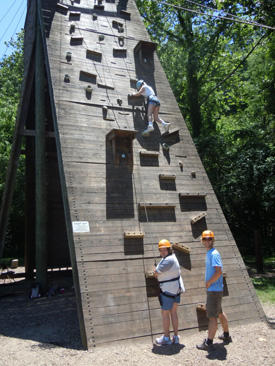
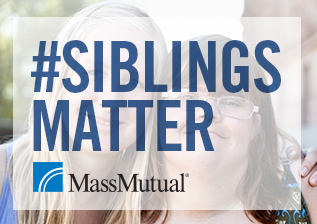
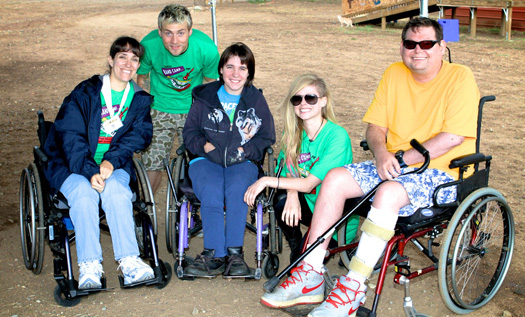 Here’s a guest post by camper Joy Durkee about one very special time at
Here’s a guest post by camper Joy Durkee about one very special time at